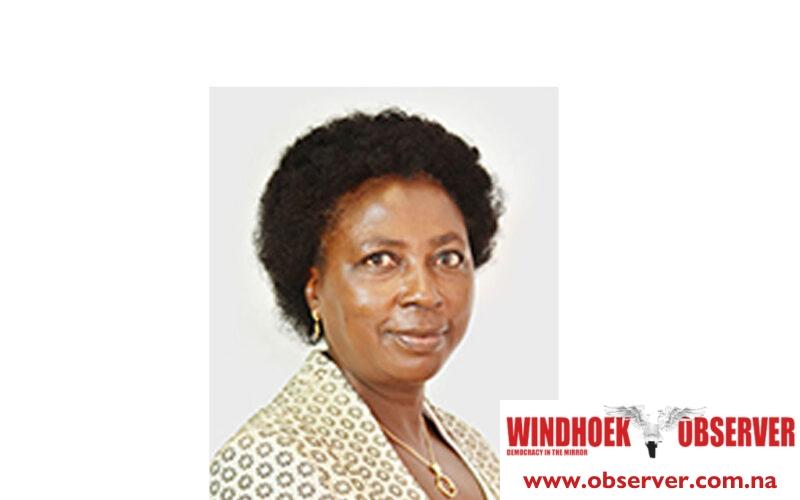Hertta-Maria Amutenja
National Council Member, Bertha Dinyando has shed light on the ongoing challenges faced by learners living with disabilities in the Kavango West and East regions.
Despite the presence of special schools with infrastructure and support systems supposedly designed to accommodate these students, significant issues persist.
Dinyando stressed the urgent need to address these difficulties faced by children in the region. She pointed out multiple areas where improvement is necessary.
“For instance, the infrastructure of the schools and hostels is not disability-friendly. Caregivers and matrons lack proper training to assist learners with special needs, particularly those who are visually or intellectually impaired. Newly appointed teachers often lack training as well. Adequate playgrounds for these children are either limited or non-existent, and the classrooms are not disability-friendly.
There also appears to be a shortage of essential teaching and learning materials, just to name a few,” she explained.
These revelations emerged during discussions in response to a motion presented by another Member of Parliament, Mathias Mbundu.
The motion urgently calls for feasibility studies and the establishment of specialized schools in the Kavango East and West regions.
Mbundu urged the assembly to unite in addressing the dire situation faced by the disabled community in these regions, emphasizing the commitment to uphold the dignity of all Namibians.
He stressed the importance of ensuring that all children, including those living with disabilities, have equal access to state resources and free basic education, as provided for in the constitution.
Supporting Mbundu’s remarks, Dinyando reiterated the significance of addressing the challenges faced by children with disabilities in the Kavango East and West regions.
Despite the introduction of special units in various schools by the Ministry of Education, Arts, and Culture, challenges persist in meeting the diverse needs of the learners.
The Ministry, under the Directorate of Programmes and Quality Assurance, implemented special units in schools such as Andreas Kandjimi Primary School and Dr. Romanus Kampungu Senior Secondary School.
However, difficulties continue to plague these efforts, ranging from a shortage of teacher expertise to inadequate teaching materials and overcrowded classrooms.
Dinyando also referred to a research study conducted by the Department of Special Education at UNAM in collaboration with the University of Oslo.
The study, conducted from 2000-2002 in Khorixas, Keetmanshoop, Ondangwa East and West, and Windhoek, highlighted challenges in inclusive education, including a shortage of hostels, constraints on teacher time, and overcrowded classes.
Furthermore, she presented findings from a recent study in the Khomas and Kunene regions, conducted from October 2022 to April 2023, which revealed a troubling trend of low tertiary qualifications among persons with disabilities.
Out of 284 surveyed individuals, only 30 possessed certificates, diplomas, degrees, or PhDs.
In the Kunene region, only two out of 149 individuals were found to have tertiary education qualifications.




